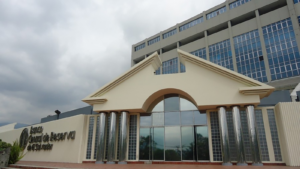
Agriculture plays a fundamental role in the economy of Latin America and the Caribbean (LAC), contributing almost 7% of the region’s Gross Domestic Product (GDP), according to the Inter-American Development Bank (IDB). This figure marks an increase over the average of the last 10 years, which was 5%. This expansion reflects the growing importance of the sector in the regional economic context and its capacity to generate value added.

The agricultural sector is not only vital for GDP, but also for employment in the region. Approximately 15% of total employment in LAC comes from agriculture, a figure that has remained stable over the last decade. This stability in employment highlights the sector’s resilience in the face of various economic challenges and its essential role in the job security of millions of people in the region.
At the international level, agriculture in Latin America and the Caribbean has a considerable weight in global trade. The region contributes 5.6% of world agricultural exports, underscoring its role as an important supplier in the global market. However, in terms of imports, LAC accounts for 6.7% of the world total, indicating that the region also depends on external agricultural products to meet its needs.

These data reflect the region’s competitive position in the international market and its capacity to influence the global supply of agricultural products. The dynamics of exports and imports demonstrate how the region’s agricultural sector is integrated into global trade, being both an important exporter and a significant importer of agricultural products.







